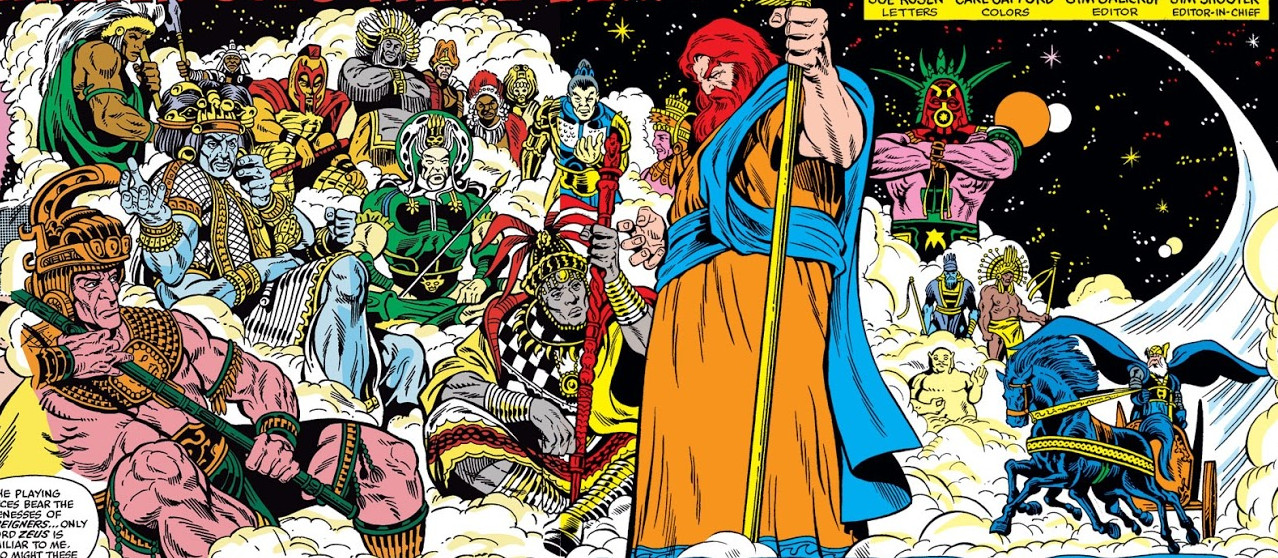[The following piece was originally published for the Women Write About Comics website, and it is reposted here with the author’s permission.]

Out there, somewhere, is a woman who writes about comics who wants to turn that writing to a comics dissertation or thesis, or at least I sure hope there is! The field is wide open and ready for more. For the uninitiated, a dissertation or thesis is the long essay or project that serves as the capstone for most advanced degrees (especially doctoral degrees) in the sciences and humanities. There is some degree of coursework or class-type work in most programs, but this is the project that determines whether or not you earn the degree. The nature and form of these projects has been under debate in recent years, but the actual production of some object that concludes the PhD remains a constant. The internet has worked alongside the fast-moving and collaborative nature of digital scholarship in general to jolt the usually slow-to-change academic establishment. By making wide varieties of information more available to a wider public and expanding the possibilities of collaboration, digital forms of scholarship have disturbed the idea of authority. This idea of authority is what allows some group to grant a degree to someone else. You can see why this sort of debate can be disturbing!
What I’ll talk about most here is writing about comics in a dissertation as opposed to writing a dissertation as a comic. Be warned: the minute you start pairing talk of “comics” and “dissertation” people are going to assume you’re writing a comic. For some of you, this will be a fantastic way to go. If your committee has trouble imagining your dissertation as a comic, you might point out Nick Sousanis’s recently published comics dissertation Unflattening. His process bringing the dissertation into comics form is lovingly documented all over the internet by academics and comics people alike, such as here, here, and here. Such a precedent is wonderful to present to a wary committee. If their hesitation comes from fears that you won’t be taken seriously, it’s nice to have a publication from Harvard University Press to point out. Of course, you should listen to your committee, more on them in a moment.
Continue reading Comics Academe: How To Write a Comics Dissertation
